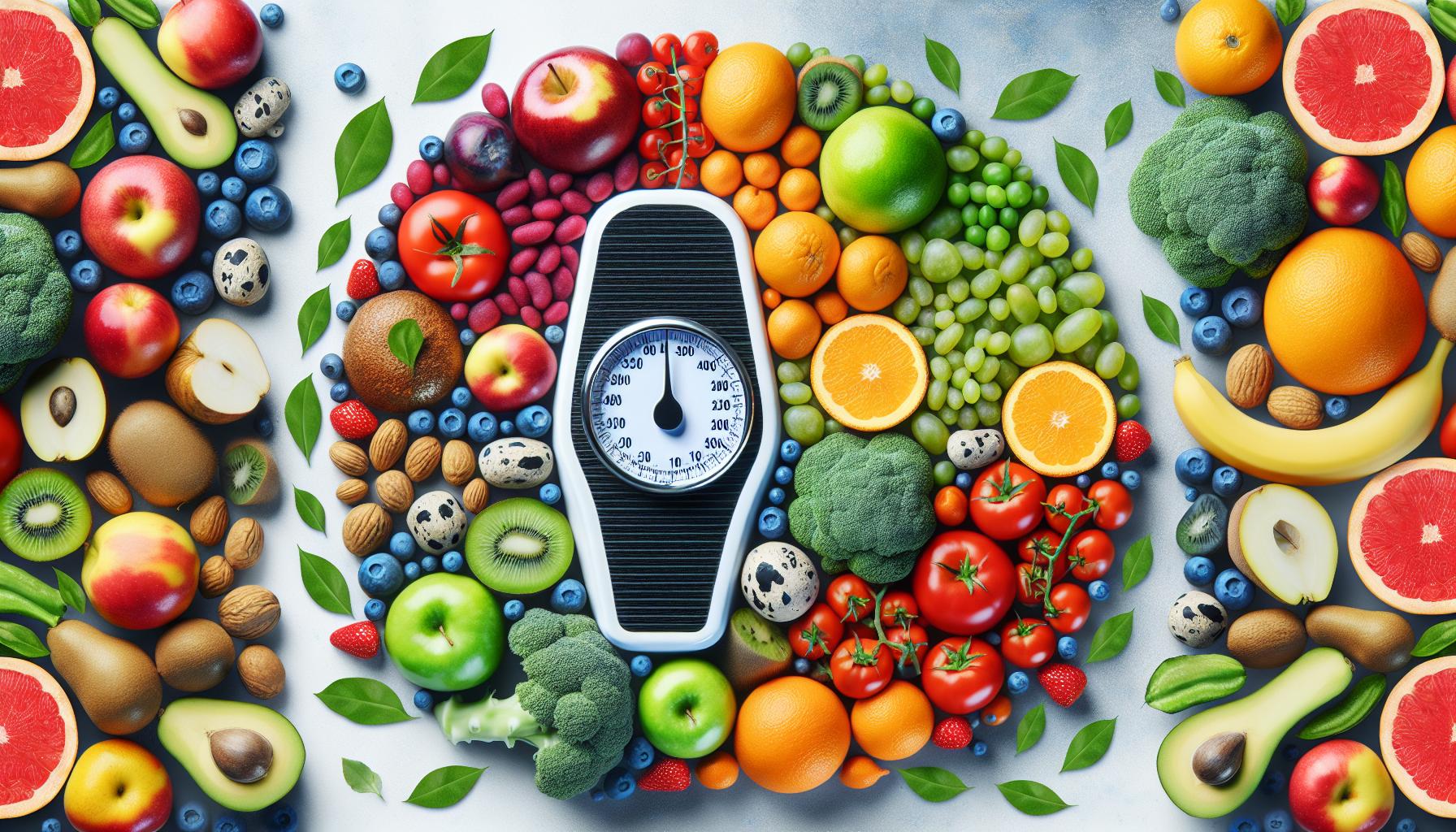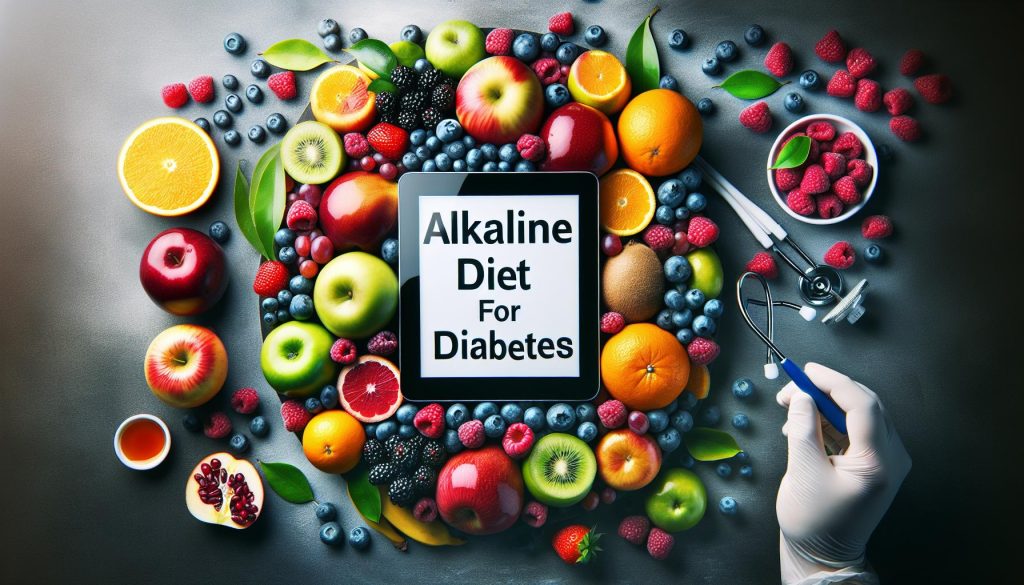
Introduction to the Alkaline Diet for Diabetes
There’s no doubt that you’ve landed on this page with the burning question, ”What exactly is an alkaline diet for diabetes?” Quite simply, an alkaline diet is an eating regimen that favors foods believed to maintain the body’s pH balance towards alkalinity, this in turn is suggested to help in the management of diabetes. We’re about to delve into it, evaluating it from every angle, analysing its benefits, downsides, and how it all fits into the complicated puzzle of diabetes management.
Understanding the Basics of an Alkaline Diet
An alkaline diet, also commonly referred to as an acid-alkaline or alkaline ash diet, is based on the idea that certain foods can affect the acidity or pH balance of your body. This theory prompts preferring foods that promote an alkaline environment in your body.
What Does the Alkaline Diet Entail?
Emphasizing plant-based foods, the alkaline diet star players include fruits, veggies, nuts and seeds, while it pushes adverse actors like meat, poultry, and processed foods to the sidelines.
Why Consider an Alkaline Diet for Diabetes?
Although there’s no magic bullet diet for diabetes, an alkaline diet shows some promising potentials in its approach. It advocates for consuming whole, nutrient-dense food groups that are typically low in sugar and fat, which are principles that align well with diabetic dietary recommendations.
The Alkaline Diet’s Affinity with Diabetic Dietary Guidelines
Interestingly, the food choices encouraged in an alkaline diet echo the same wholesome foods that dietitians recommend for a diabetic-friendly diet. They’re chock-full of fruits, vegetables, and other low-glycemic foods which can help regulate blood sugar levels.
Potential Benefits of an Alkaline Diet for Diabetes
An alkaline diet might lend a hand in managing diabetes by improving insulin sensitivity and reducing complications linked to the disease. As it mirrors the diabetes diet guidelines, it might well serve as a blueprint for a healthier eating pattern for people with diabetes.
Stepping from the Hype
It shouldn’t be lost in the buzz that while an alkaline diet may have its merits, it’s not a foolproof panacea for diabetes. The basis of the diet draws from theories that, though potentially helpful, have yet to be fully substantiated scientifically.
Navigating the Challenges of an Alkaline Diet
Embarking on an alkaline diet may seem daunting at first with its emphasis on less popular dietary choices. Additionally, it requires a higher level of dedication and careful planning to ensure appropriate nutrient intake, especially protein, while following the alkaline guidelines.
Deciphering the Diet’s Complexity
While it’s a diet with promise, there’s no denying the alkaline diet can be complex and understandably overwhelming. Striking a balance between alkalinity and nutrient requirement necessitates a keen understanding of food and nutrition.
Conclusion
In a nutshell, an alkaline diet may offer a fresh perspective in managing diabetes but it’s no magical antidote. The diet promotes a lifestyle change rather than a quick fix, gravitating towards nutrient-dense whole foods while minimizing processed ones. It’s a promising approach but making an informed choice is crucial. Always consult a healthcare provider before making drastic dietary changes.
Frequently Asked Questions
1. Can an alkaline diet cure diabetes? No diet, including the alkaline diet, can cure diabetes. However, dietary changes can help manage the disease and reduce the risk of complications.
2. What foods should I avoid on an alkaline diet? Foods like meat, poultry, fish, dairy, eggs, grains, and alcohol are generally avoided.
3. Can I lose weight on an alkaline diet? As it promotes lean, plant-based foods over processed ones, it may result in weight loss. However, weight loss is not the primary goal of the diet.
4. Will an alkaline diet completely prevent diabetic complications? While some believe it can help prevent complications, it’s essential to pair a healthy diet with regular exercise and medication, if prescribed.
5. How do I start an alkaline diet? Begin by slowly increasing your intake of fruits, veggies, nuts and seeds, while reducing your intake of animal proteins and processed foods. Consulting a dietitian can provide personalized guidance.



